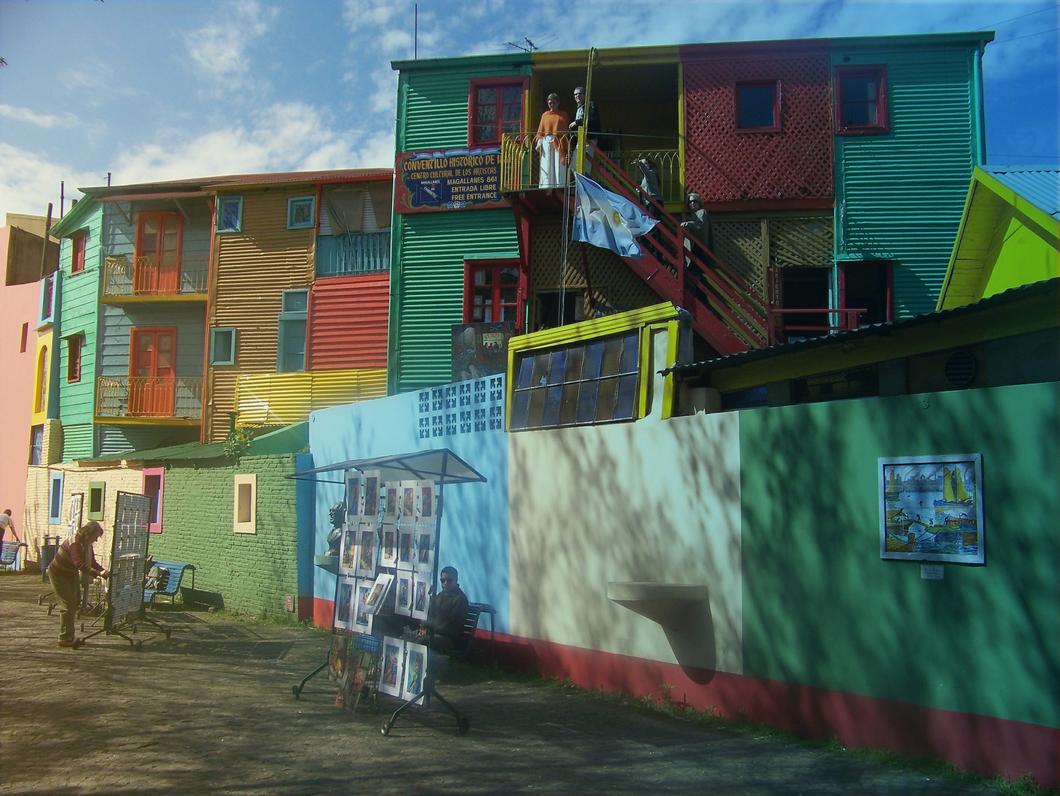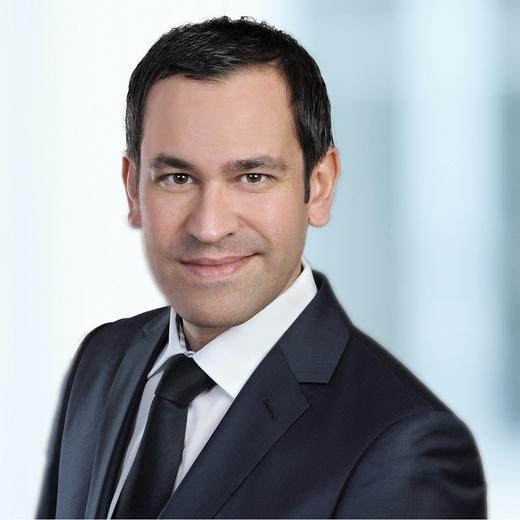Wealth tax revival in LATAM countries to cope with Covid-19 economic downturn - Part 1 Argentina

Argentina - Despite of being a phase-out model, wealth tax is now experiencing a revival in LATAM countries to tackle on foreign assets on one hand and to abate high government spending when fighting against the economic consequences of Covid-19 on the other hand. Should you wish to further discuss these topics and learn how to plan ahead, please do not hesitate to ask for a meeting with our KENDRIS LATAM experts.
Despite of being a phase-out model, wealth tax is now experiencing a revival in LATAM countries to tackle on foreign assets on one hand and to abate high government spending when fighting against the economic consequences of Covid-19 on the other hand. Should you wish to further discuss these topics and learn how to plan ahead, please do not hesitate to ask for a meeting with our KENDRIS LATAM experts.
Alberto Ángel Fernandez only took mandate on December 10th, 2019 and already managed to pass through a significant Tax Reform some days later, on December 23rd by means of a new law enacted named “Ley de Solidaridad y Reactivación Productiva en el Marco de la Emergencia Pública”. This law declared the public emergency in economic, financial, fiscal, administrative, social security, tariff, energy, health and social matters and also delegated legislative powers to the National Executive Power until December 31, 2020. It also raised certain existing taxes and introduced new ones. This move was not a surprise.
When assuming presidency, Fernandez said that “in order to eliminate hunger, we will ask for greater solidarity from those who have more capacity to give.” In this context, the new regulation does raise the tax on foreign assets held by Argentinean tax residents by levying a 2.25% wealth tax on an annual basis (as from ARG$ 18M/USD 260k onwards). Assets held at home in Argentina are taxed at 1.25% (as from ARG$ 18M/USD 260k onwards). In addition, the law targets at Argentinean farmers by massively increasing the export taxes. A 30% tax when buying airfare tickets and foreign currency is being planned for, as well as the introduction of taxes on credit card expenditures abroad and even on Netflix subscriptions.
Still during the Mauricio Macri Administration, Argentineans were convinced to participate on an amnesty program where 254’700 taxpayers disclosed in total USD 116.8 billions of assets held abroad, at that time at either 10% or 15% depending on the timing of their plea for amnesty, and with a prospective 0.25% tax rate on wealth applicable for fiscal periods 2018 onwards. This however was not complied with since the recently enacted law does raise this tax as described above to 2.25%. According to INDEC (Instituto Nacional de Estadística y Censos), Argentineans do hold today more than USD 300 billions of assets outside the country. An annual 2.25% wealth tax will now lead UHNWI to look for solutions.
P.S. Have you already seen our KENDRIS LATAM Image Film ?

